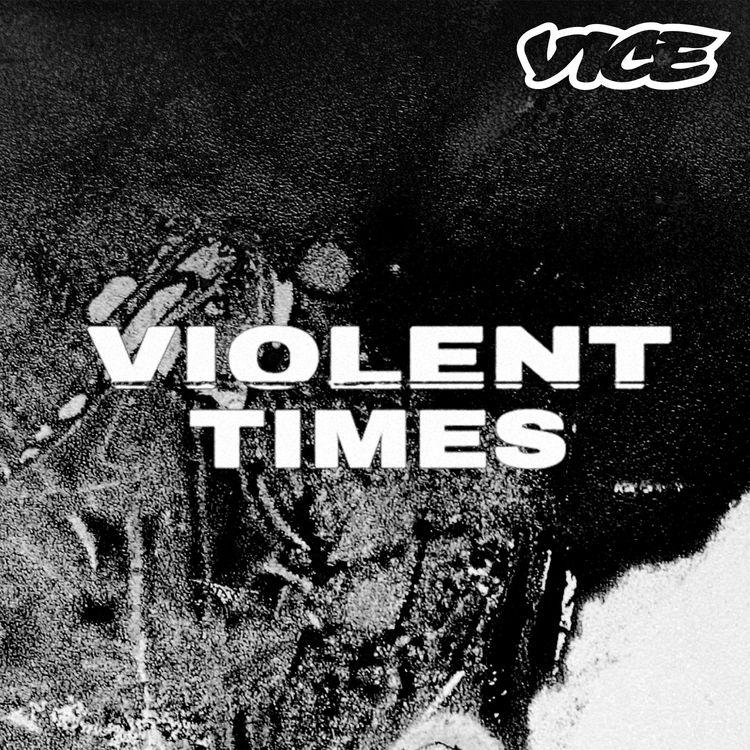Share

Violent Times
Indigenous Incarceration Is a Form of Systemic Violence
Indigenous Australians are the most incarcerated people on earth. They make up 2 percent of the general population, but a staggering 34 percent of the female prison population. Studies have explained this startling statistic through the experience of violence: the majority of Indigenous female prisoners are survivors of family and other violence.
In this episode of Violent Times we meet Vickie Roach, a Yuin woman, academic, and prison abolitionist. She explores the relationship between the systemic inequality and domestic violence that has led to the soaring incarceration rate. It's a subject she understands deeply having spent the last three decades in and out of prison. During her last stretch she acquired a Masters degree, and successfully mounted a High Court challenge against the government's ban on all prisoners voting in elections.
More episodes
View all episodes

5. An Afternoon With the Yakuza: Japan’s Most Notorious Crime Syndicate
22:20||Season 1, Ep. 5Japan’s Yakuza are infamous as one of the world’s most notorious crime syndicates. While their modern identity is a fascinating mix of style and violence, they see themselves as the cultural descendants of samurai. Speaking to Mahmood Fazal in Japan, they present as public servants who are proud of their sense of history, community, and loyalty.But it’s a perception the rest of Japan doesn’t share. In recent years, criticism has become more vocal with many insisting they represents the worst of the country. This has resulted in a surreal public relations crisis, and lead to struggles in recruiting new members.Today the Yakuza face an uncertain future as their numbers dwindle, government intervention threatens business, and wider Japanese society continues to isolate them.In this episode we learn that despite all this, they’re still proud of their past and future—and the violence woven through both.
4. SAS Commando On Training To Kill
26:49||Ep. 4In 2013, Paul Cale earned the titles Australia’s Toughest Soldier and the Killer Commando after he stormed an enemy compound and strangled a Taliban leader his bare hands. At the time, he was a sergeant of the Second Commando Regiment: an elite branch of the Australian Defence Force that suffered more casualties than any other Australian military unit through several tours of Iraq and Afghanistan. In this episode of Violent Times, we explore state-sanctioned violence, and its impact on individuals and communities.
2. The Child Soldier Who Joined the Tamil Tigers
30:21||Ep. 2At the age of 15, Niromi Di Soyza left her middle class home in Northern Sri Lanka and joined a violent militant group called the Tamil Tigers, a liberation front to some and a terrorist organisation to others. But the horrific realities of war, confronting snipers in dense jungle while spending most of her time on the run, quickly overshadowed the romance of violent revolution.
1. How Graffiti Went From Spray Cans To Box-Cutters And Guns
30:38||Ep. 1The Australian state of Victoria has some of the harshest graffiti laws in the world; it’s an offence to even carry spray paint or “graffiti marking tools” in public. It’s a response to Melbourne’s volatile graffiti scene, where the legacy of street artists are tied to violent reputations alongside creative merit. For graffers, the territory they tag is a reflection of their place in the subculture and society at large. So when an invader decides to claim their spot, or worse cross out their name, it’s an act of war. This episode of Violent Times contains references to drug abuse and suicide. Please be advised if you’ve been impacted by these issues.
Introducing Violent Times
01:55|As a society, violence seems to simultaneously feel necessary, disgusting and fascinating, depending on who is perpetrating it. As an outlaw biker, psychology graduate and the son of Afghan refugees, Mahmood Fazal is interested in the psychology behind violence, particularly what drives someone to engage in violence, and how it affects them afterwards. In Violent Times, Mahmood seeks to deconstruct our relationship to violence, be it criminal, romanticised or state sanctioned.